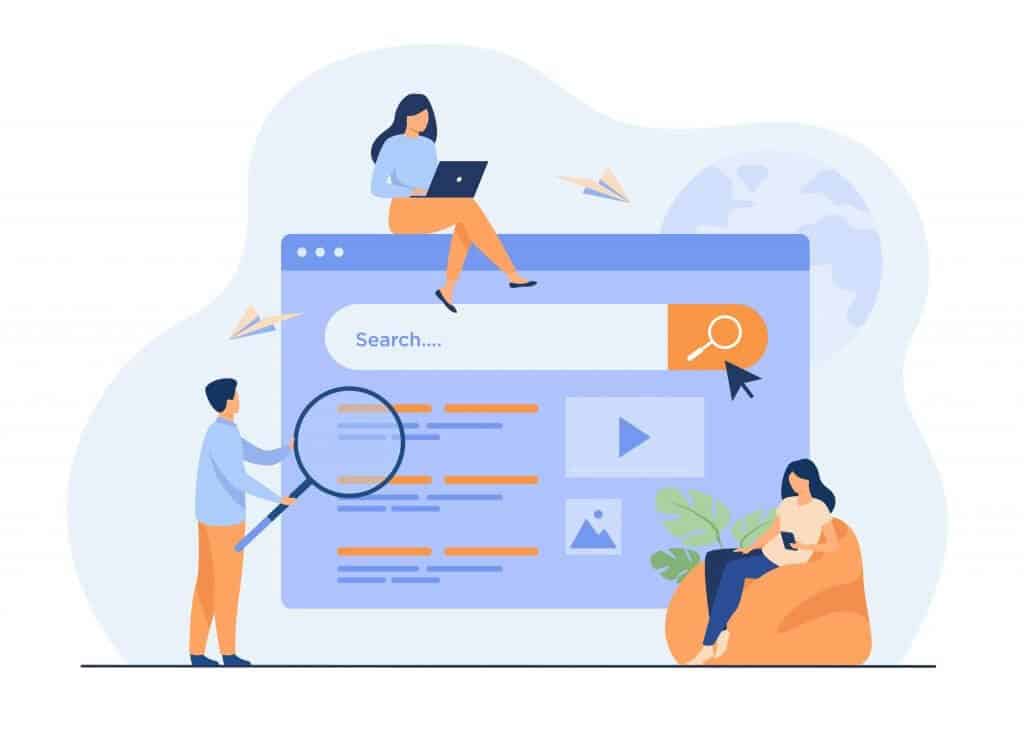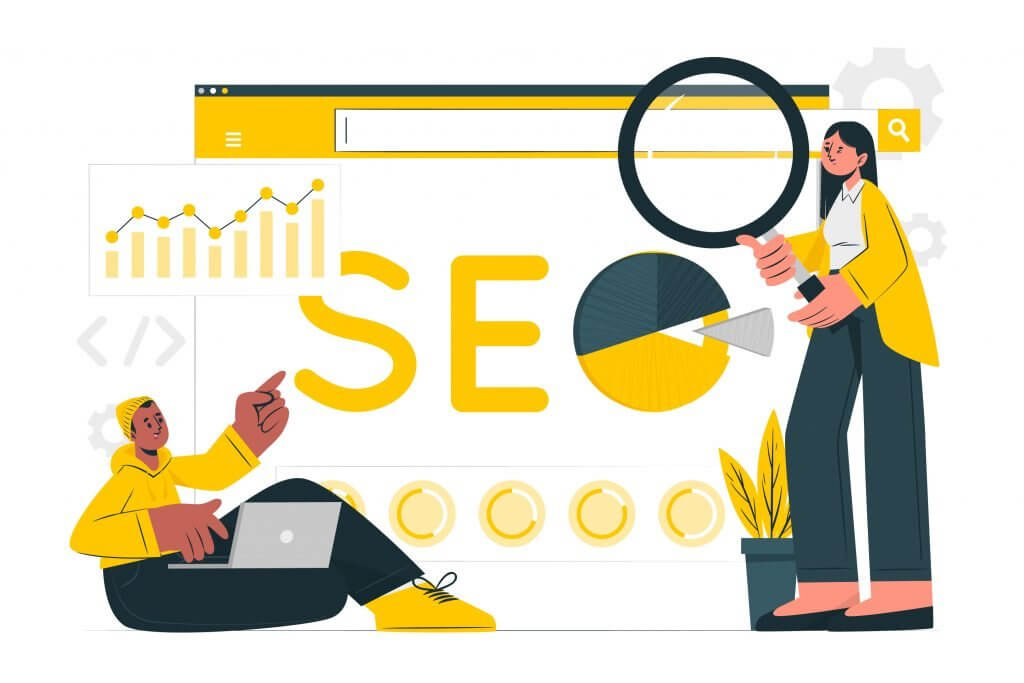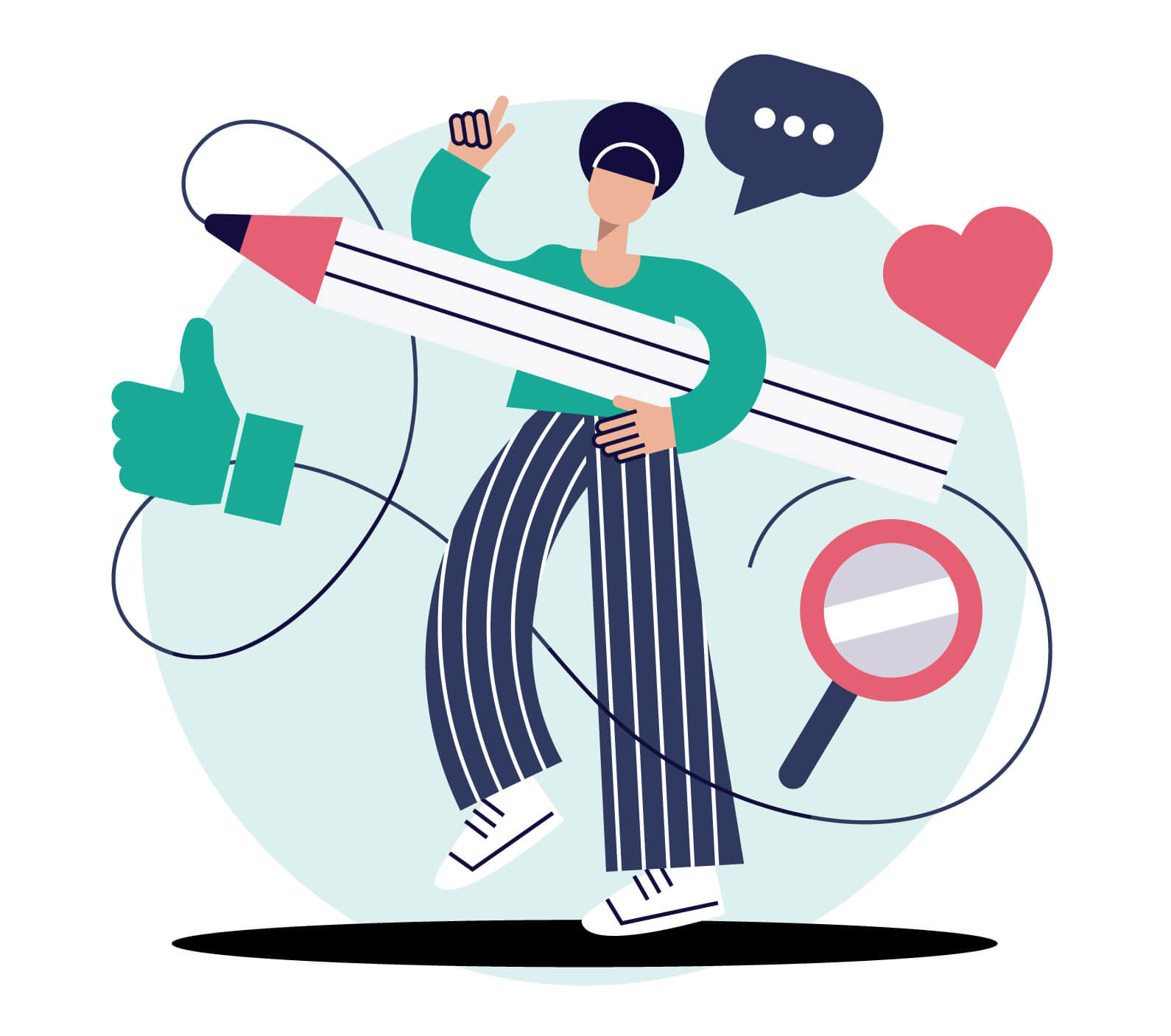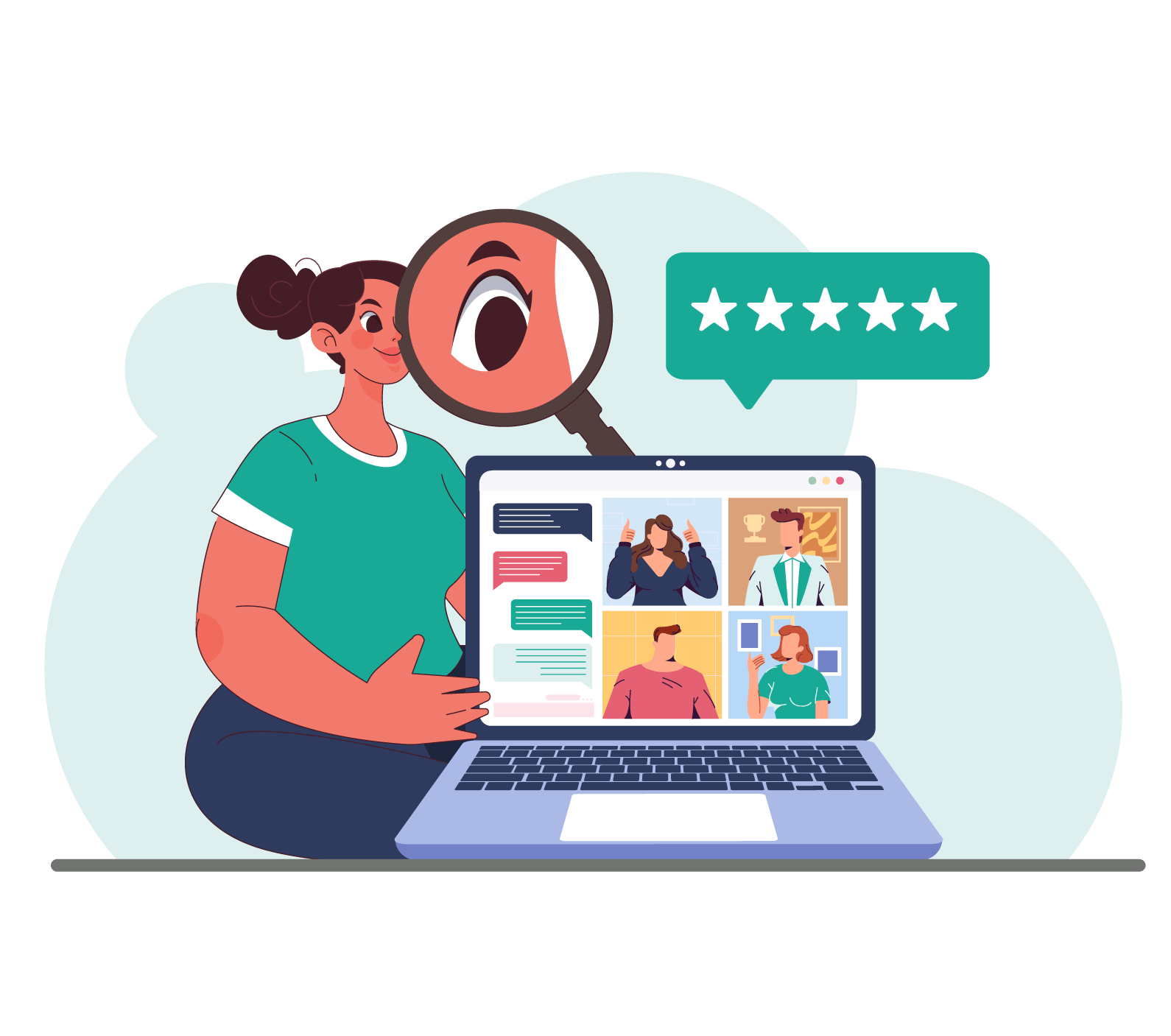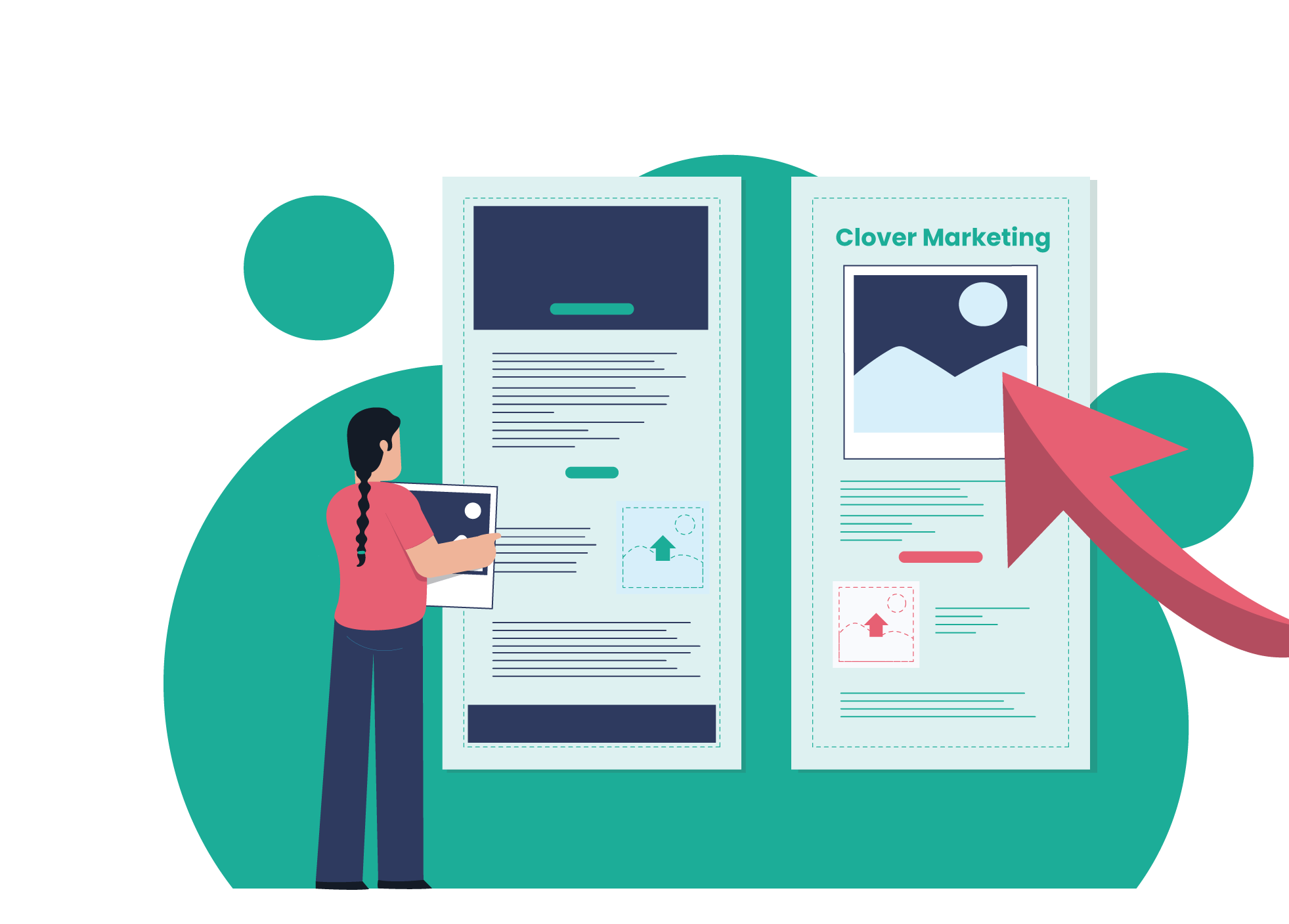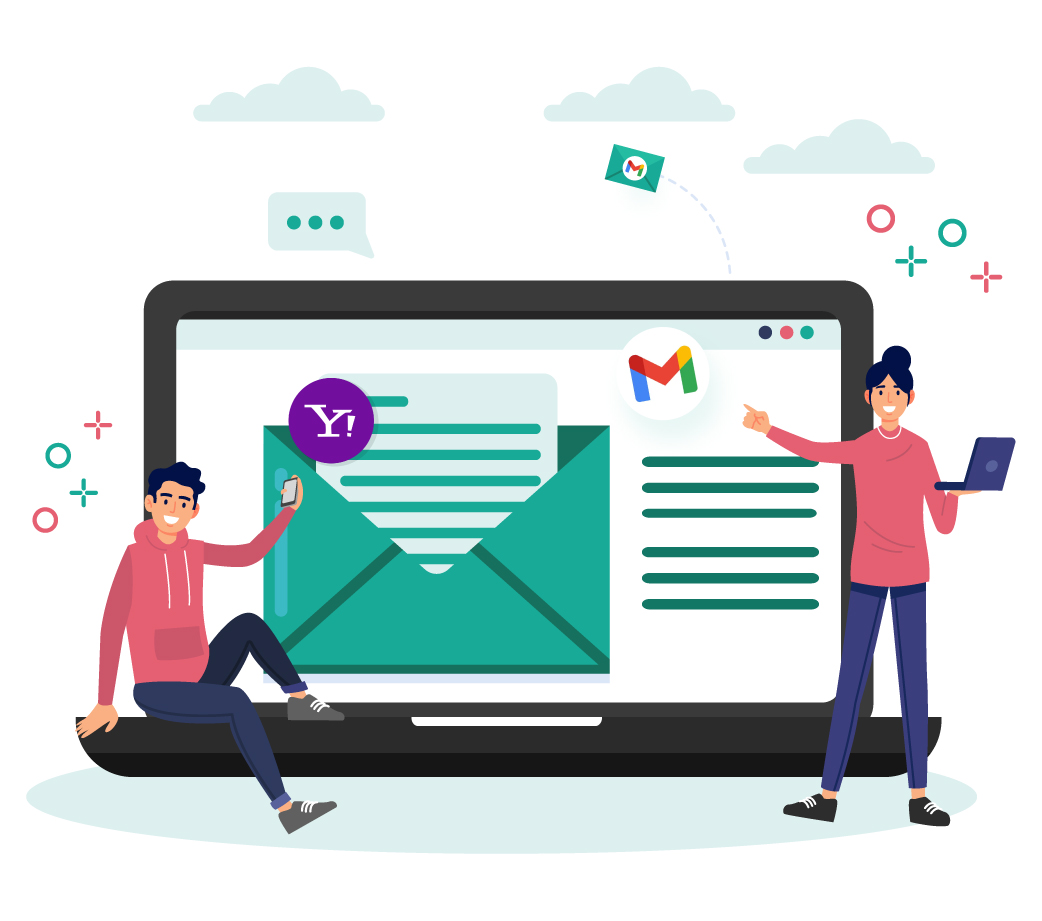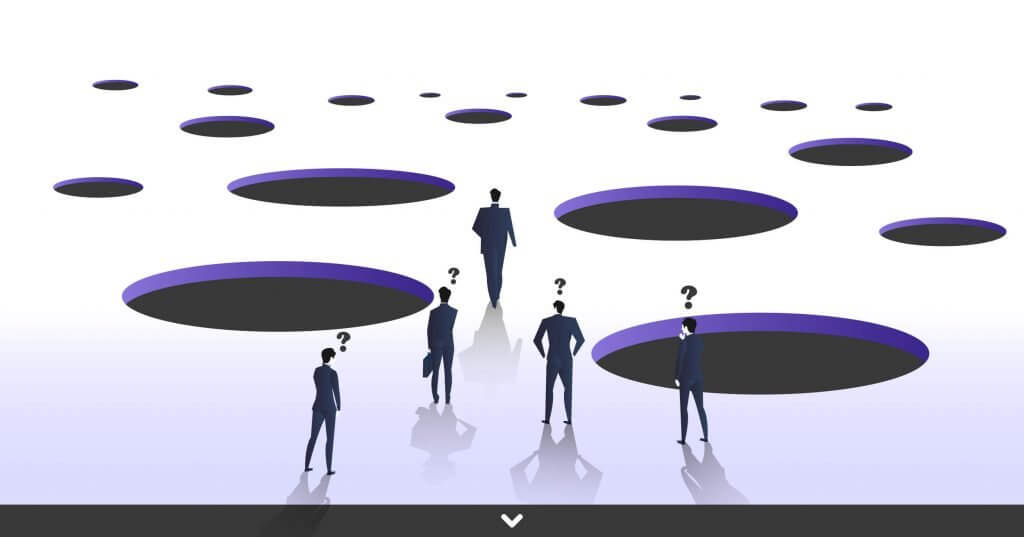
When people are scared, they spend less in general, and especially less on non-essential things. Many scientific studies find a direct correlation between fear and consumer decisions.
Welcome to the era of mass hysteria
Always trying to analyse the whole picture of things, we tried to research what is really happening with the recent pandemic, and how, if at all, it psychologically affects the consumption habits of the population. As a marketing agency, researching the behaviour of individuals and the masses, and their psychology, is an inevitable part and essential element of our work.
But first a little context of the whole situation. More and more renowned scientists, who have not succumbed to the hysterical reaction of the public and the media, present models and research that confirm that Government measures for strict quarantine of the entire population, not only have no positive effects, but in the medium and long term prolong the curve and pandemic, and would possibly have more detrimental consequences than introducing restrictive measures on only certain risk segments of the population.
Read more about these arguments in the scientific paper by Dr. Knut Witowski, a professor at the University of Stuttgart and one of Germany’s leading epidemiologists. Through the SIR (Susceptible, Infected, Recovered) model, it analyzes the effectiveness of measures introduced by a number of European countries. The paper was published on April 15, 2020.
Furthermore, Dr. John Ioannidis, Professor of Epidemiology and Statistics at Stanford University in the USA, publishes a text entitled: “Coronavirus disease 2019: The harms of exaggerated information and non-evidence ‐ based measures“, where he also criticizes hasty decisions to Governments for full quarantine, which only causes more harm. Professor Ioannis is one of the leading scientists in the field of data science and data-based decision making.
Perception is reality
But let us return to the topic of this article, and that is the impact of fear on the consumption habits of the population. A scientific paper published by Madelon Hutjens from Wageningen University in the Netherlands confirms that there is a strong correlation between fear and consumption habits of the population. When they feel fear, people spend less on non-essential things. Basic staples may be consumed more, but everything else is in free fall. You do not even need scientific research to see this. Many businesses have halted their operations altogether or faced a sharp drop in sales following the hysteria created by the coronavirus pandemic.
This diagram very effectively explains the impact of fear and the way customers make decisions when they are influenced by fear.
There is a certain event that gets an oversized report in the media, which is even on the verge of hysteria. People, through the media, create a perception of the risk of that event and its impact on their lives. If the perception is that the event is extremely dangerous and negative, it creates fear in people. That fear affects shopping habits. People buy based on emotions. Some emotions affect negatively, and some positively affect the sales of various products…
The companies hope to relax the measures as soon as possible and return their businesses to normal. The governments’ statements are that this will happen sometime in mid-May. But the period after that is crucial for how each company will cope with this crisis.
Why? Exactly because of the key argument of this text. Although measures will be eased and the pandemic reduced, fears will remain. And that fear will be further ignited by the media, which in search of attention, will write and publish apocalyptic news for a long time, in order to keep the public’s attention.
Companies will have a lot of struggles in that period, and one of the most important will be the fight against the fear imposed on customers, a fear that will remain for a long time, and a fear that was largely inflated and still pumped by the media, but to great disappointment, and by the WHO and by the Governments themselves.
Do not expect the government to save you
There is no company that has relied entirely on government assistance and succeeded in the medium or long term. Each company must build its own strategy for the period ahead.
And that strategy will largely depend on what industry you work in and how your business is affected by the current economic situation.
The answer is in your hands
But, you will say, we know all this, but what are the solutions and how to overcome the fear that exists among customers and how to get back to normal functioning faster?
I have been thinking about this for a long time and these are some of my ideas, suggestions and solutions:
1) Make a written plan.
In that plan, list the steps to get back to normal. Of course, they also depend on the measures of the Government, but try to anticipate several scenarios. State first how you will protect employees, and how you will educate them to behave in these unforeseen times;
2) Start educating your customers.
This is essential! As companies we must counterbalance the fear that is spreading on all sides. Yes, marketing campaigns are needed, where through education you will convince your customers / customers / consumers that you offer safety and security. If you are a sports center, gym, club, cafeteria, restaurant, etc. start an educational campaign to regularly disinfect the premises and take care of hygiene;
3) Offer valuable compensation.
A good example of this is some airlines, which provide their customers a voucher for canceled tickets worth 120% of the canceled ticket price. You can use the voucher at any time and for any flight in the next 2 years. Other ideas in this regard are: discount on certain services / products, gift / supplement, and other benefits. The point of these benefits is to provide valuable compensation for the risk that buyers would take, although still under the influence of fear.
4) Let your brand remind them of past normality.
People are already tired of this situation of abnormality. Daily stimulation of fear has an extremely negative effect on the mental health of each individual. People want to return to normalcy and normal lives as soon as possible. Remind them that by buying from your brand, it means that they have returned to a situation of normalcy, i.e. of something they had done before.
Conclusion
At the moment, the public discourse is dominated by fear as an emotion, which is imposed primarily by the media, but sometimes by the authorities. The perception of fear has an extremely negative effect on customers’ decision to spend on non-essential things. This situation will continue after the easing of quarantine measures.
The key struggle of businesses, in addition to managing employees and securing capital for the smooth running of the business, will be how to continue selling from before. In that fight they will have to face the biggest enemy – fear.
In this article, we have proposed several ideas and solutions on how to overcome that fear among customers, namely: creating a written action plan, preparation and implementation of educational marketing campaigns, providing valuable compensation and creating a sense of your brand that is associated with normalcy. .е. reminiscent of the situation from before.
A common denominator for all these proposals is a quality marketing campaign, which will not be aggressive, but on the contrary will focus more on the feelings of the customers, more precisely on giving a sense of security.

